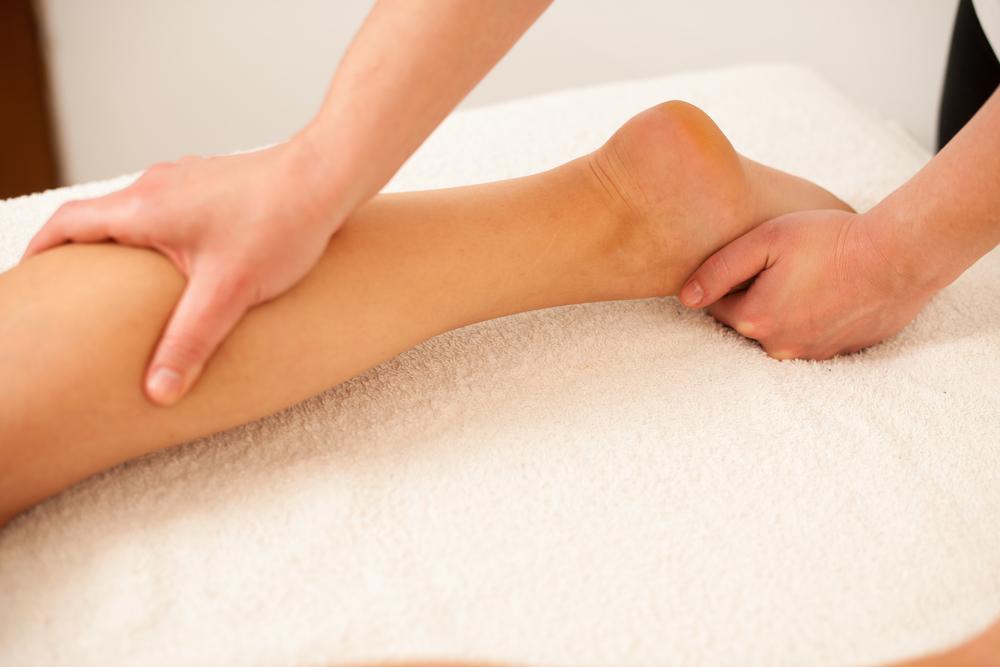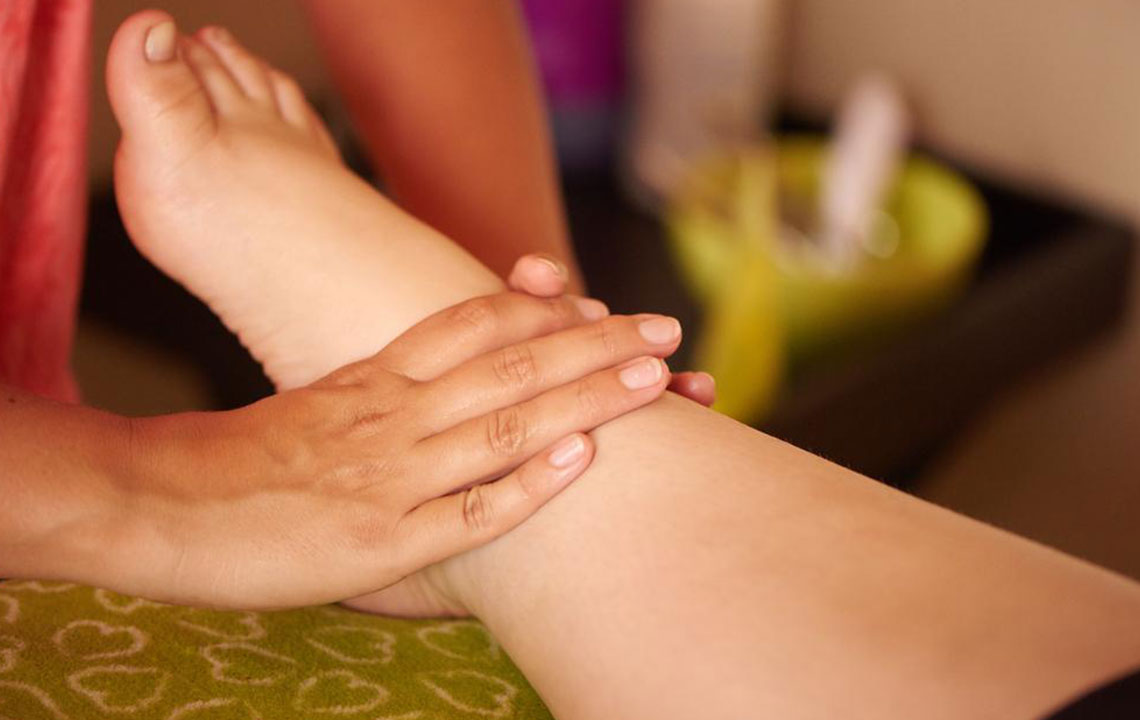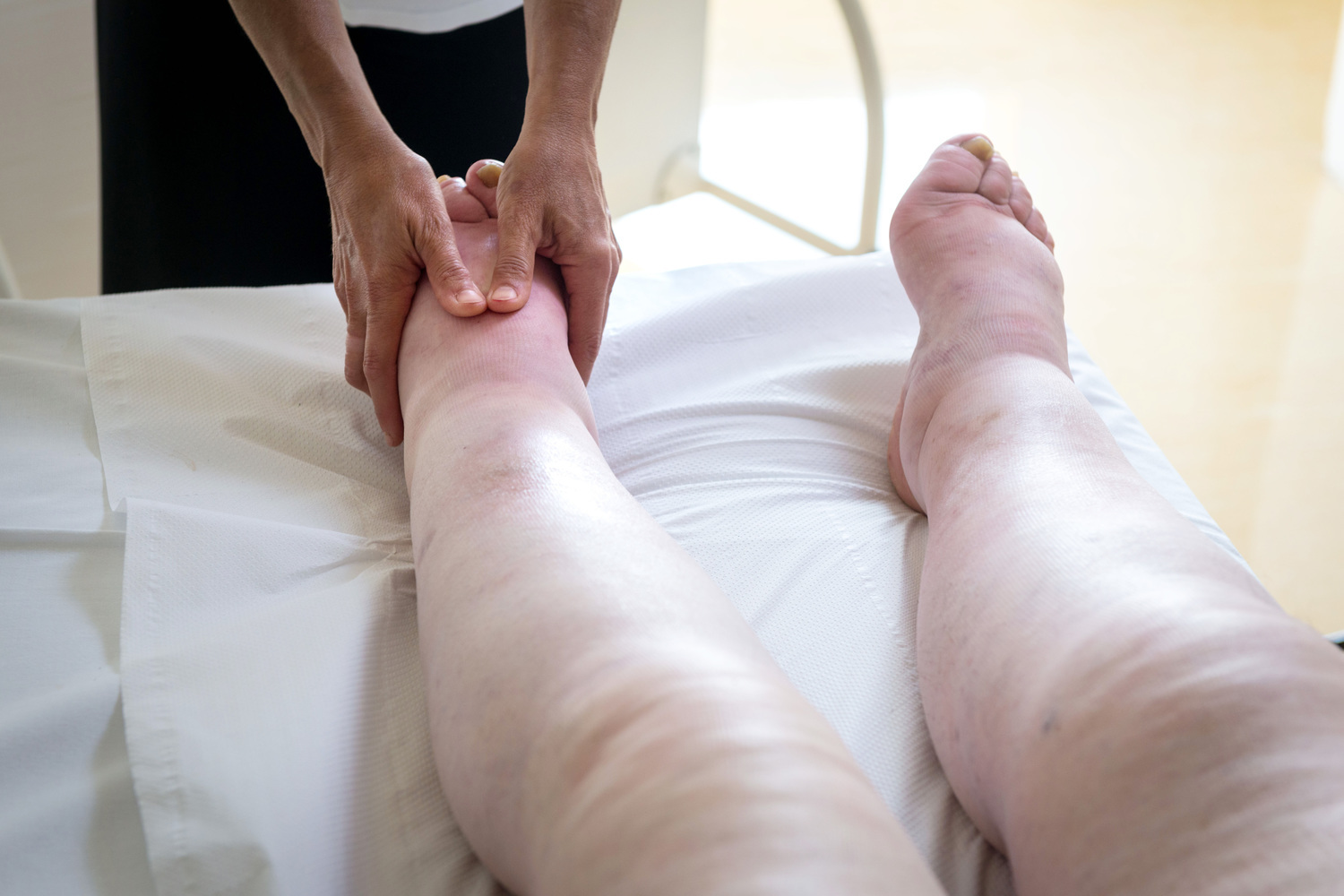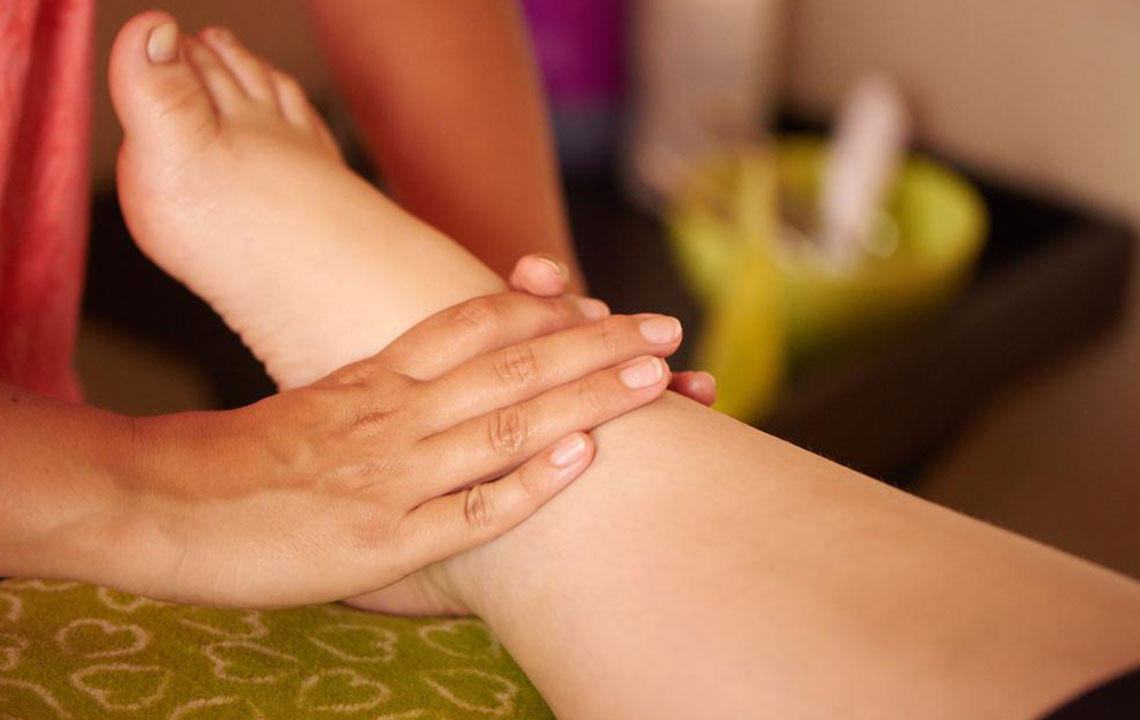Comprehensive Approaches to Reducing Feet and Ankle Swelling Naturally
This detailed article explores the causes of swollen feet and ankles, including health conditions and lifestyle factors. It offers practical and natural remedies such as compression therapy, elevation, diet adjustments, and exercise to reduce swelling effectively. The guide emphasizes the importance of recognizing symptoms that require medical attention and provides useful tips for managing edema, making it a valuable resource for those seeking relief from persistent foot and ankle swelling.

Effective Techniques to Alleviate Swelling in Feet and Ankles
Experiencing swelling in the feet and ankles is a common concern that affects many individuals, especially after long periods of standing, walking, or physical activity. While mild swelling may not pose an immediate health threat, persistent or severe swelling warrants attention. Understanding the causes and implementing effective strategies can help reduce discomfort and prevent complications. This comprehensive guide explores the causes, warning signs, and practical treatments for swollen feet and ankles, providing actionable tips to improve your comfort and health.
What are the primary causes of swollen feet and ankles?
Pregnancy: One of the most prevalent causes, especially during the second and third trimesters. Hormonal changes, increased blood volume, and pressure from the growing uterus can lead to fluid retention and swelling. Severe swelling accompanied by symptoms such as high blood pressure or protein presence in urine may signal preeclampsia, requiring urgent medical attention.
Injuries: Trauma to the ankles, feet, or lower legs, including sprains, fractures, or contusions, often result in localized swelling, redness, and pain. Proper assessment and treatment are essential to prevent further complications.
Dietary Factors: High intake of salt (sodium) and simple carbohydrates can cause the body to retain excess fluid, leading to swelling. Processed foods, fast food, and sugary snacks are common contributors.
Medical Conditions: Conditions such as heart failure, kidney disease, liver cirrhosis, and certain hormonal imbalances can disturb fluid regulation, resulting in edema. Identification and management of these underlying conditions are crucial for effective treatment.
Medications and Allergies: Some medications, including certain antihypertensives, birth control pills, and antidepressants, list edema as a side effect. Allergic reactions to medications, insect bites, or substances may also cause swelling, often accompanied by other allergy symptoms.
Is swelling in the feet a cause for concern?
For occasional or minor swelling that appears after long periods of standing or sedentary behavior, no immediate concern is usually necessary.
Persistent, recurring, or severe swelling may indicate underlying health issues involving the heart, kidneys, liver, or blood vessels. Ignoring such signs can worsen health problems; therefore, seeking medical evaluation is strongly recommended to determine the root cause and appropriate treatment.
Effective treatments and remedies for swollen feet and ankles
Prompt Response: Do not dismiss ongoing swelling. Address symptoms early to prevent deterioration and discomfort.
Compression Therapy: Wearing compression stockings or sleeves can support vein function, reduce fluid buildup, and provide relief from swelling and pain.
Physical Activity: Engaging in regular movement, such as walking, swimming, or gentle stretching, promotes circulation and reduces fluid retention. Swimming is especially beneficial due to its low impact and hydrostatic pressure.
Weight Management: Maintaining a healthy weight alleviates undue pressure on your lower limbs and helps prevent fluid accumulation.
Soaking Feet in Epsom Salt: Soaking your feet in warm water with Epsom salt (magnesium sulfate) for 15–20 minutes daily can ease inflammation and promote relaxation. Magnesium absorption through the skin may also support fluid balance.
Magnesium Supplements: Taking magnesium supplements ranging from 200 to 400 mg daily can support muscle function and reduce fluid retention, especially if dietary intake is insufficient.
Leg Elevation and Yoga Poses: Regularly elevating your legs above heart level helps decrease swelling. Certain yoga poses, such as Legs-up-the-Wall or Viparita Karani, facilitate venous return and improve circulation.
Additional lifestyle tips for managing swelling
Limit salt intake by avoiding processed foods and seasoning excessively with high-sodium condiments.
Stay well-hydrated by drinking plenty of water throughout the day, which helps flush out excess sodium and toxins.
Reduce or avoid excessive use of laxatives, as they can disturb fluid balance.
Minimize standing or pressure on the feet and ankles when possible, especially after injury or during prolonged inactivity.
Should you consider medication for swollen feet and ankles?
For minor swelling, home remedies and lifestyle modifications might be sufficient to manage symptoms.
In cases where swelling is related to underlying health issues such as heart or kidney disease, medication prescribed by a healthcare professional is often necessary to control the condition and reduce edema effectively.
Always consult a healthcare provider before starting any new treatment, especially if you experience additional symptoms such as chest pain, shortness of breath, or drastic swelling.
This comprehensive guide aims to empower individuals to understand and manage swelling in their feet and ankles through practical, natural, and medically advised strategies. Proper attention and timely intervention can significantly improve comfort, function, and overall health, preventing escalation into more serious conditions.




